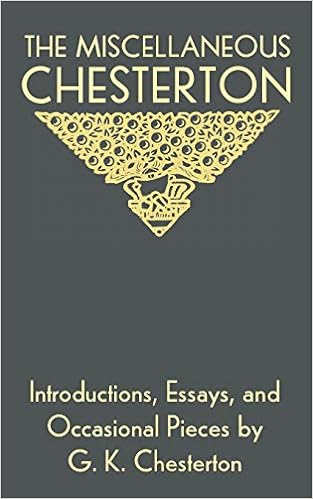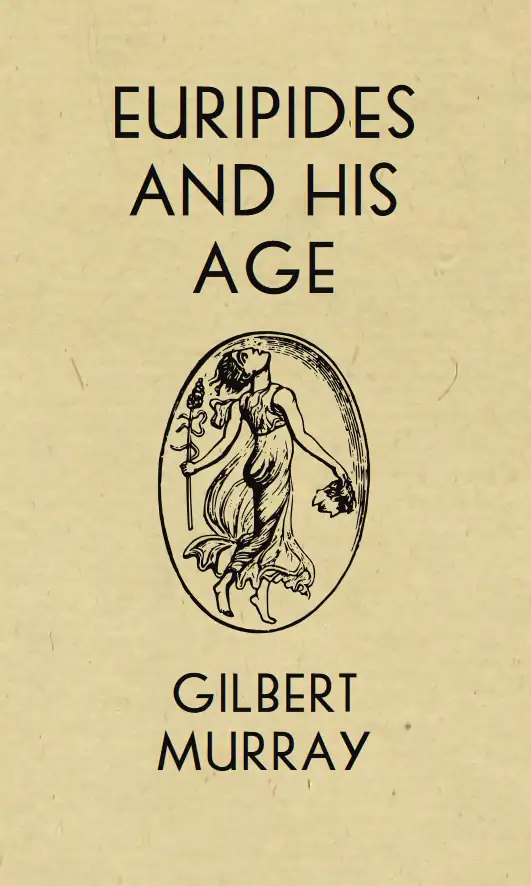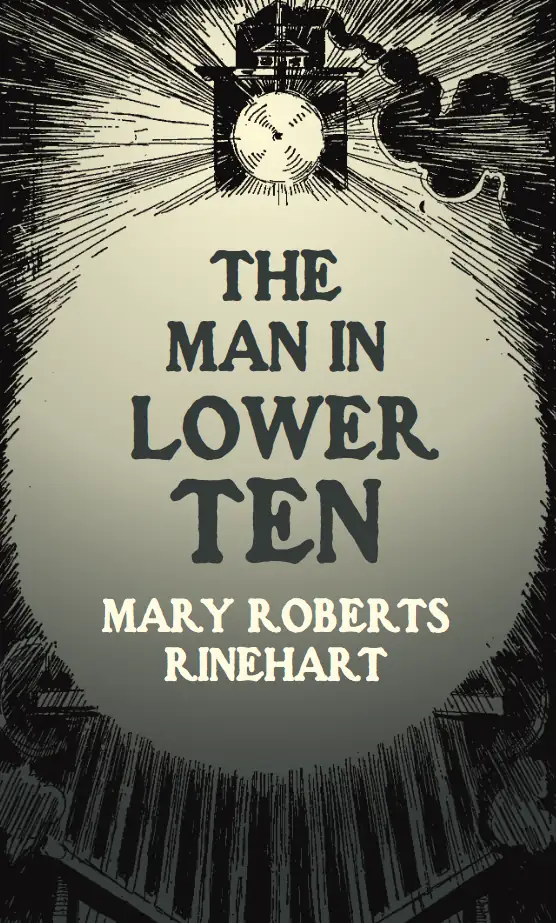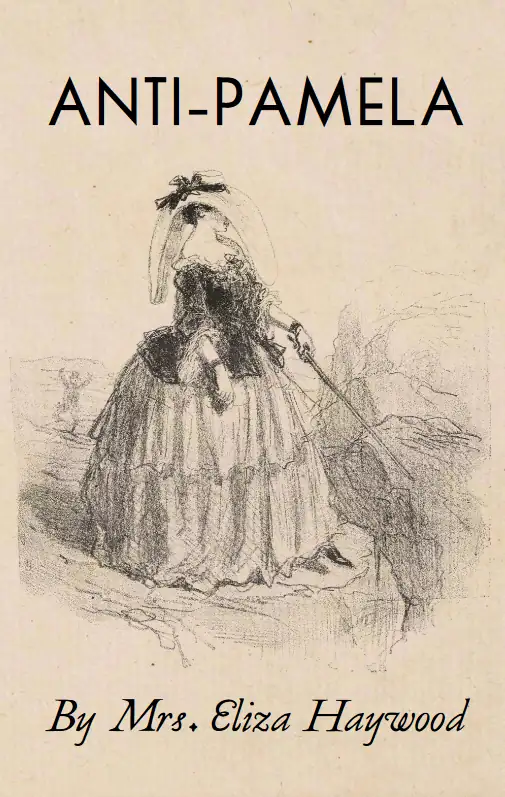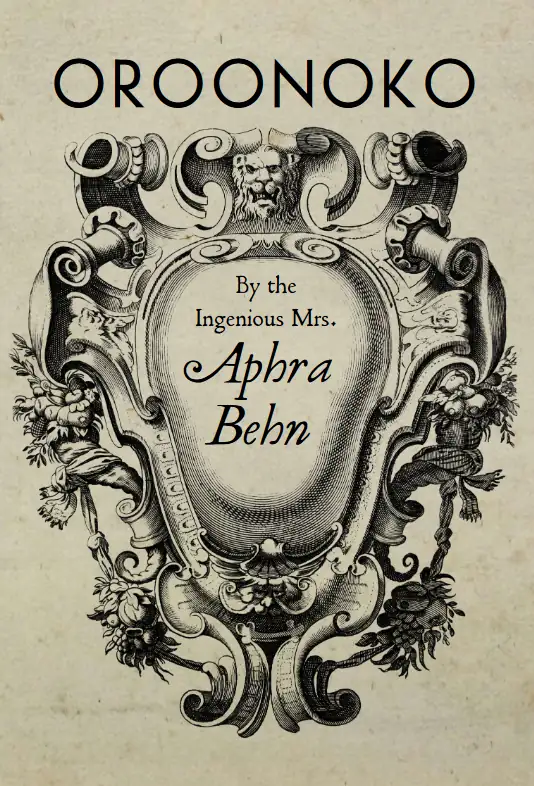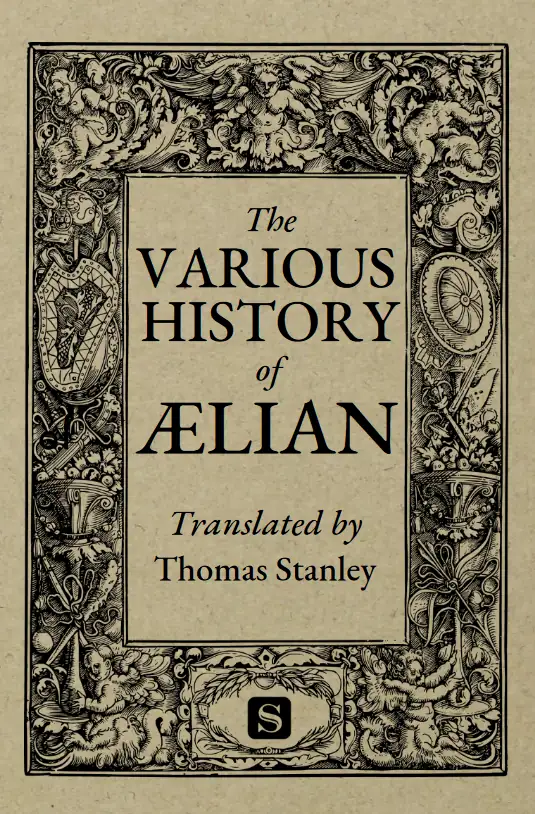
A collection of stories, legends, and snappy comebacks preserved for us by one of the most entertaining companions among ancient writers. It’s a long and rambling conversation with an ancient Roman whose mind is full of trivia, and who knows how to make those trivia as interesting to us as they are to him.
I am told there is a Law at Thebes, which commands Artificers, both Painters and Potters, to make the Figures as good as may be. This Law menaceth to those who mould or paint them not well a pecuniary mulct.
Socrates being very old fell sick; and one asking him how he did, “Well, saith he, both waies: for if I live longer, I shall have more Emulators; if I die, more Praisers.”
(more…)




